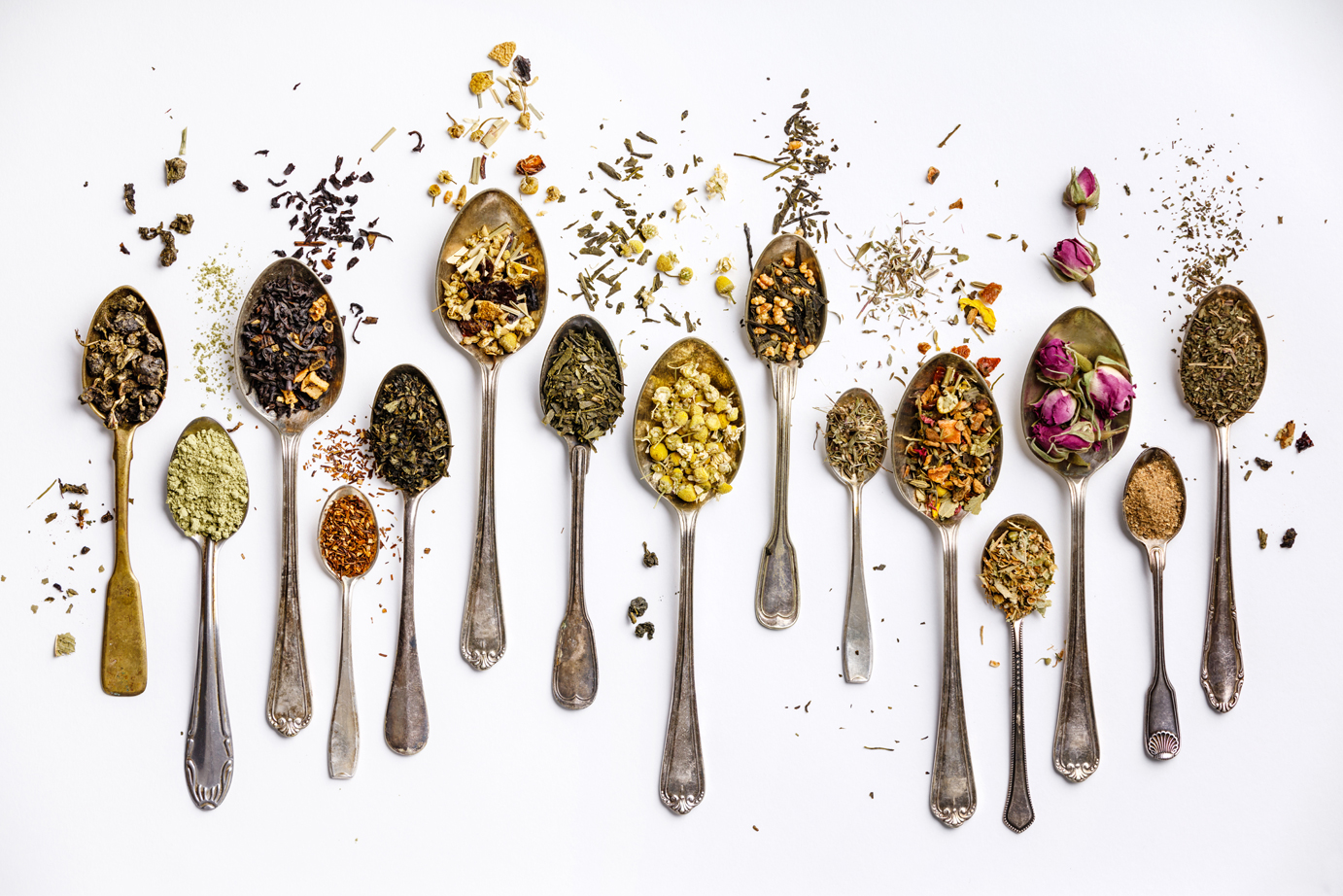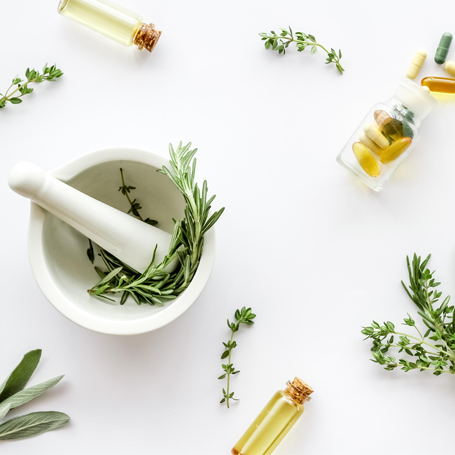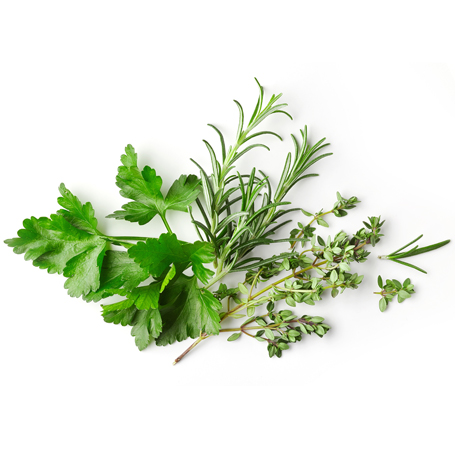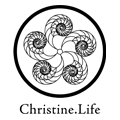Herbs, Holism and Science
TRADITIONAL HERBAL MEDICINE
Herbal Medicine is the use of plants to treat and prevent disease, enhancing general health and wellbeing.
Herbal Medicine is the ultimate holistic, traditional treatment.
Employed to treat the body, prevent disease, strengthen and support hereditary weaknesses.
Herbal Medicine treats imbalances of the body due to lifestyle choices, environmental toxins and physical and emotional stresses of the body and mind.
Herbal Medicine that has been time tested validated over centuries due to its success treating illness and preventing disease without the drug-based inherent side effects.
Herbal Medicine is still the first choice in many cultures.
These traditions of using plants as Medicines are down from generations to generations.
HERBS, HOLISM AND SCIENCE
Herbal wisdom was the knowledge gained was from experience healing with plants and an intuitive heart centred connection to the living intelligence of the plants. Plants were understood to heal through the vital force (energetic properties) the underlying intelligent pattern of Nature.
You may know some of the traditional healing systems that are still incorporated and valued today, such as:
Ayurveda,
Chinese Medicine,
Ancient Greek Medicine,
North American traditions,
Eclectics and others.
Many of these traditions born out of folklore and indigenous practise continuing to value and honour spiritual connection and value of the person and the plant.
There is often a reason why you are attracted to a plant and its healing benefits. The more in tune and healthy you become, the stronger this attraction is perceived. It is a beautiful thing. Children have this (sense)radar more than adults. Its a gift.
The Energetics of a plant is a holistic description between the whole plant and the entire person. The concept of holistic medicine – to treat the whole body not a part which is the Western Medicine practise.
Everything is entwined and works harmoniously together in the body – Naturopathic philosophy.

MEDICAL HERBALISM – PHYTOTHERAPY
Herbal Medicine has laid down the foundations of modern medicine, pharmacy, chemistry, botany and perfumery.
Today modern Herbal Medicine is known as ‘Medical Herbalism’ or ‘Phytotherapy’ based on scientific principles of therapeutic herbalism and their applications in medicine.
“Phytotherapy is a thriving medical modality that uses whole plants to treat the whole people, facilitating the healing process within the framework of holistic medicine. It is both an art and science. With its roots in the past, it is still relevant and meaningful in the present, offering great potential contributions to modern medicine”.
Ref: David Hoffmann, FNIMH, AHG. Medical Herbalism, The Science & Practise of Herbal Medicine.
Natura Sophia
The natural world is not just a collection of material bodies but has an interior, spiritual side as well. The subjective, as well as objective faculties, must be exercised upon it to fully perceive natural phenomena…Humanity must revert to this natural level of perception to have an intuitive understanding of Nature.
CLASSICAL HERBAL MEDICINE
Classical herbal medicine utilises the Hippocratic principles of treating the person, not the disease; evaluating the whole lifestyle as well as the emotional and the detailed environment of each patient, not just the physical symptoms.
Today, the practice of herbal medicine is supported by an ever-increasing the amount of scientific and clinical research and is useful in the treatment of many, many health conditions.
Herbal Medicine can be used alone as a single therapy or combined with other natural remedies.
Every culture has a unique herbal medicine system
SCIENTIFIC RESEARCH
BOTANICAL MEDICINE
Herbal Medicine (also known as Botanical Medicine and Phytomedicine) are prescribed and dispensed as tinctures, dried herb capsules, pills, teas and food. They may also be applied to the body externally in the form of salves, ointments and poultices, among others.
PHYTOCHEMICALS
Herbs contain a complex range of naturally occurring vitamins, minerals and chemicals (phytochemicals) that have a unique biological activity.
These active compounds from herbs are often used to produce reliable pharmaceutical drugs.
The Herbalist uses herbs in combination or by themselves to create a medicinal product that supports and treats the whole body but also addressing the imbalances that are presenting in the client to develop a remedy that treats the whole body.


PHYTOMEDICINE
The word ‘Phyto’ derives from the Greek work plant; Phytomedicine, as discussed previously, is also called as Botanical/Plant Medicine.
The term phytomedicine is epistemologically a branch of Phytopathology. Plants have always been essential medicines.
Phytomedicines contain hundreds, possibly thousands, of individual and unique chemical constituents, working together in therapeutic ways to support the health and wellbeing of not only the plant but the individual utilising that plant as a medicine. Synergy (i.e. the interaction or cooperation of two or more substances to produce a combined effect more significant than the sum of their separate products) within herbal medicine is at the core of herbalists prescribing practice being the art and science behind herbal medicine.
Modern medicine is mainly dependent on drugs based on a single molecule with a single mechanism of action. Herbalists, understanding the relationship between plants and health and humankind has honoured and respected for thousands of years.
The isolation process of individual constituents may lead to a loss or reduction of overall potency. Plant components have multiple activities that result in more significant total activity, involving synergy, cumulative effects and enhanced bioavailability when working as a whole. An example of herbal medicine synergy can be viewed in Oregon Grape (Mahonia aquifolium) and Barberry (Berberis vulgaris). While the alkaloid in berberine has demonstrated antibacterial activities against Staphylococcus aureus, it is a specific flavonoid found in these plants that inhibitory bacterial resistance. These properties in berberine, perfectly demonstrating therapeutic synergy between constituents. (1) Yarnell, E. (2015). Synergy in herbal medicine: part1. Journal of Restorative Medicine, 4(1), 60-73.
Each herb is an orchestra of constituents working together harmoniously, nothing compares to the impact plant constituents provide when acting synergistically; working in unison to perform in ways a soloist simply cannot.
This field is bringing forward new lead drug discoveries as well as safe and efficient plant-based medicines.
Related Journals of Phytomedicine
International Journal of Phytotherapy and Phytopharmacology, International Journal of Phytomedicine, Avicenna Journal of Phytomedicine, Research Journal of Phytomedicine
ORTHODOX DRUGS
Herbal Medicines also be combined with orthodox drug treatments to enhance the healing process or to reduce the side effects of some medications.
A qualified professional herbalist will always check for contraindications of a prescribed drug before creating the herbal compound (remedy). The is the fundamental reason why a herbalist will require a thorough consultation before creating a prescription, just like a General Practitioner.
INTEGRATIVE MEDICINE
The role of an integrative health therapist (Naturopath, Herbalist) is to work with your doctor, specialist, medical and health care support team.
The innate wisdom that nature has so kindly provided us is what makes herbal medicine practice so unique, versatile and efficacious and should never be disregarded.
Your health and the best outcome for you is what is essential!
We work together to get the best results!
If you think in terms of a year, plant a seed; if in terms of ten years, plant trees; if in terms of 100 years, teach the people.
